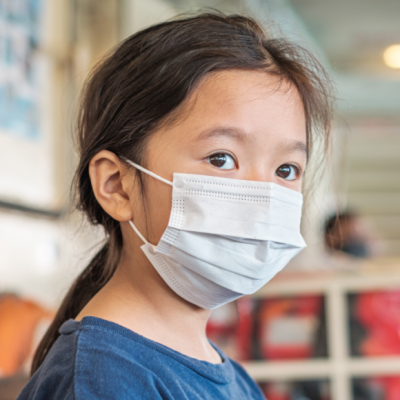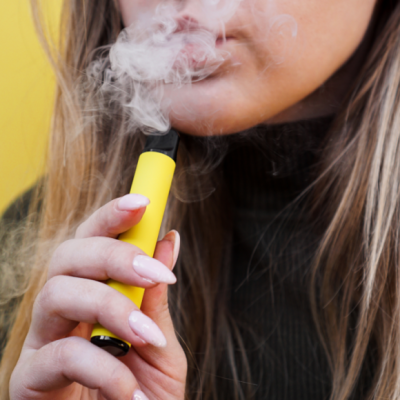A recent study conducted by the Research Institute for Social Cohesion (FGZ) in collaboration with an epidemiologist from the Helmholtz Center in Munich has found a correlation between the results of the Alternative for Germany (AfD) party in local elections and the number of Covid-19 infections in the corresponding regions. The study, published in the ZRex Journal for Right-Wing Extremism Research, found that areas with high AfD voter turnout also had above-average infection rates during the pandemic. The researchers ruled out factors such as the number of schools, proximity to borders, or home office rates as reasons for the increase in infections in these regions. The study is based on the theory that voters of right-wing parties tend to question the legitimacy of democratic institutions and are less likely to accept restrictions, leading to higher infection rates.
The study analyzed the AfD’s share of second votes in the 2017 federal election and the number of infections during the spring and winter waves of 2020 in 401 districts and cities in Germany. A total of 48 factors were taken into account, including demographic characteristics, location, and healthcare. The study found that regions with a high AfD voter turnout had significantly more infections during the pandemic than regions with a low AfD voter turnout. The study also found a similar correlation in regions with a high percentage of non-voters and right-wing minor parties. The researchers noted that this was due to people in these regions distancing themselves from democratic and political processes and therefore not adhering to Covid-19 protective measures.
The study’s findings have been criticized by the AfD, with party officials calling it “pseudoscientific” and accusing the FGZ of being “infested with left-wing radicals.” However, the researchers emphasized that the results do not mean that all AfD voters violate Covid-19 regulations or that all opponents of the measures are AfD voters. The study highlights the importance of understanding the impact of political beliefs on public health and the need for effective communication and education to combat misinformation and promote adherence to protective measures.










